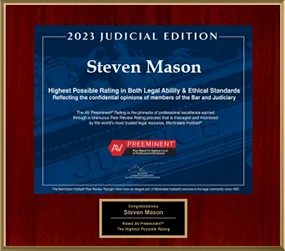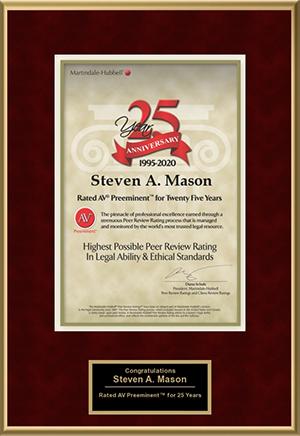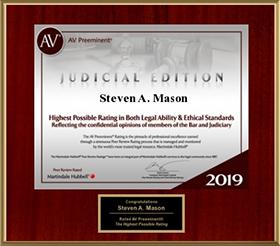Same-Sex Divorce in Florida
Late last month, Florida Attorney General Pam Bondi made clear that she would oppose same-sex divorce in Florida, according to a recent article from CBS Miami. Specifically, Bondi filed papers to prevent Heather Brassner’s petition for divorce from her former partner, Megan Lade, from going any further in the Florida court system.
Since same-sex marriage is not legal in the state of Florida, neither is same-sex divorce. What are the available options for same-sex couples who marry in one state (where same-sex marriage is legal) and then move to Florida? Are they trapped in unhappy marriages without legal divorce options?
Harms without Divorce for Civil Unions and Same-Sex Couples?
Heather Brassner and her former partner, Megan Lade, entered into a civil union in Vermont in 2002. The couple broke up several years ago, according to CBS Miami, and now the women seem to be trapped. According to Bondi, a civil union is “not the same as marriage,” and therefore “should not be the basis to declare Florida’s ban on same-sex marriage unconstitutional.”
Brassner emphasized the need for equality in marriage and divorce proceedings in Florida, explaining that she is being harmed by the inability to dissolve her civil union, and that Bondi “has no idea what it is like to be obligated for and to someone and you have no idea where they are and what they might be doing to hurt me financially.” Brassner believes that it’s Bondi’s job to prove that she’s not being harmed without the divorce, and without such proof, Brassner should be allowed to dissolve her civil union.
Divorce Options for Same-Sex Couples
If you’re a Florida resident and you entered into a same-sex marriage legally in another state, what can you do if you want to get a divorce? Generally speaking, almost all states have a residency requirement in order to get divorced. Under Chapter 61 of the Florida Statutes, at least one of the parties in a married couple that’s seeking a divorce must reside in Florida for at least 6 months before filing the petition in court. Yet some states have exceptions that, for cases of same-sex couples that can’t get divorced in their state of residence, permit their courts to take jurisdiction of a same-sex divorce petition.
How does this work? Let’s say a same-sex couple entered into a marriage, civil union, or domestic partnership in Vermont (much like Brassner and Lade in Florida). Vermont’s laws allow a couple that entered into a civil union in Vermont—even if they’re no longer residing in the state—to dissolve their civil union under the following conditions:
- The couple entered into the civil union in Vermont;
- Neither members of the couple reside in a state that permits them to dissolve their same-sex civil union;
- The couple has no children of the civil union;
- Neither member of the couple has a protective order against the other; and
- Both members of the couple “file a stipulation together with a complaint that resolves all issues in the dissolution action.”
A number of other states have similar laws, including California, Colorado, Delaware, Hawaii, Illinois, Minnesota, Vermont, and Washington, D.C. However, it’s important to keep in mind that the laws governing divorce can vary greatly from state to state, and you should always speak with an experienced Florida divorce lawyer. You may have other options. Contact the Fort Lauderdale and Hollywood Law Offices of Steven A. Mason, P.A. for legal advice at 954-963-5900 or leave a message online.






















